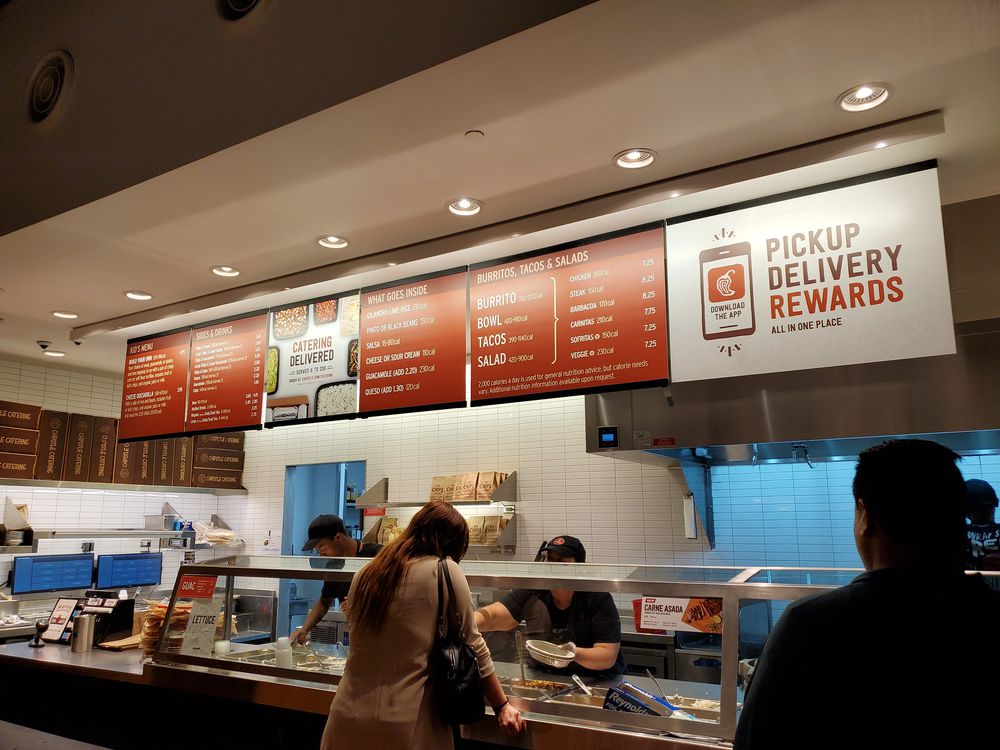In an unusual court case in Ohio, a judge made sure the punishment fit the crime.
Rosemary Hayne, 39, was sentenced to 180 days in jail and forced to pay a fine after throwing a burrito bowl at a Chipotle employee. But the judge in the case, Timothy Gilligan of Parma Municipal Court in Ohio, came up with an unorthodox proposition.
Hayne could reduce her sentence by 60 days if she agreed to work at a fast-food restaurant for at least 20 hours a week for two months. Hayne accepted the deal.
“You didn’t get your burrito bowl the way you like it and this is how you respond?” Gilligan said, according to a local outlet. “This is not Real Housewives of Parma. This behavior is not acceptable.”
Hayne and her case entered the spotlight after Redditor haleywaley16 posted a video of the incident on r/PublicFreakout.
Warning: The following video contains strong language.
Chipotle in Parma, OH byu/haleywaley16 inPublicFreakout
Thanks to onlookers who took down Hayne’s license plate number, police were able to locate and arrest Hayne at her home, Today reports.
For more fast-food news, sign up for our free newsletters.
According to Hayne’s account, the burrito bowl she received was “disgusting looking,” though the judge had little sympathy for the customer.
“I bet you won’t be happy with the food you are going to get in the jail,” Gilligan said.
In an interview with Today, the former Chipotle employee said that she quit her job because of the altercation.

“We live in a world right now where she could have done anything she wanted,” Russell said. She could have punched me in my face or pulled a gun out. I’m lucky that I only got a bowl thrown on my face.”
Russel added that she’s happy with the sentence, telling Today that she got “exactly what she deserved.”
“She’s gonna walk in my shoes. You know, she’s working 20 hours a week. She’s lucky — I was working 65-hour weeks,” she explained.
Quit rates are typically much higher among frontline workers, likely in part because of the harsh working conditions. According to data from the U.S. Bureau of Labor Statistics, 744,000 accommodation and food service industry employees quit in September, representing a 5.2% quit rate — more than double the U.S. average.
But according to Alicia Grandey, a professor of psychology at Penn State who studies the mistreatment of frontline workers, there’s reason to be optimistic. The pandemic, she tells Harvard Business Review, made the public “more aware that the mental and physical well-being of employees is critical to functioning workplaces.”
“With the Great Resignation, we’ve seen that employees are saying it’s not worth it anymore — rather than dealing with customers’ bad behavior, they can go get a higher-paid remote or desk job,” she added.




